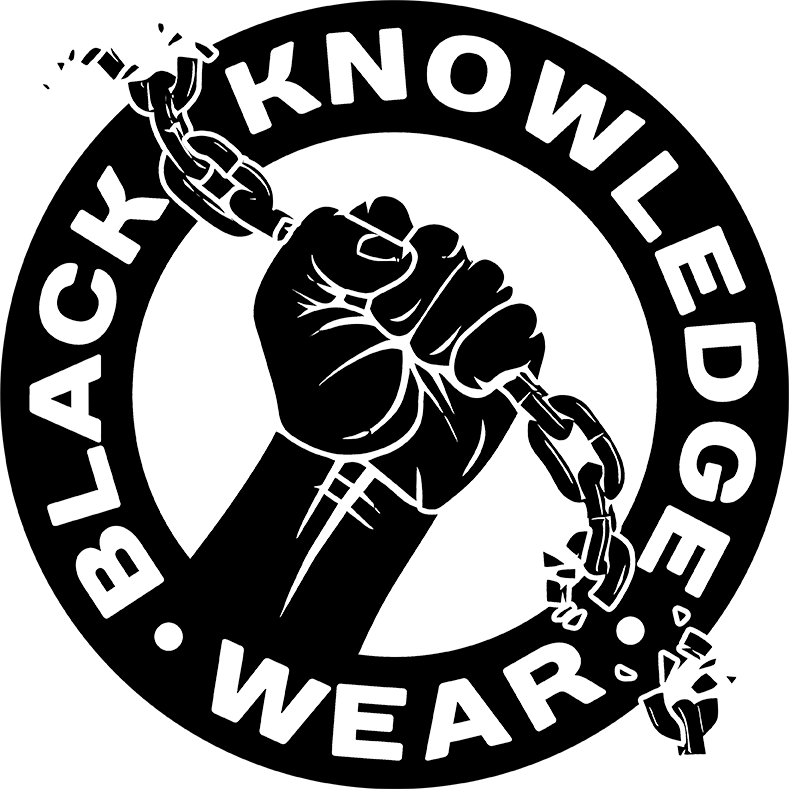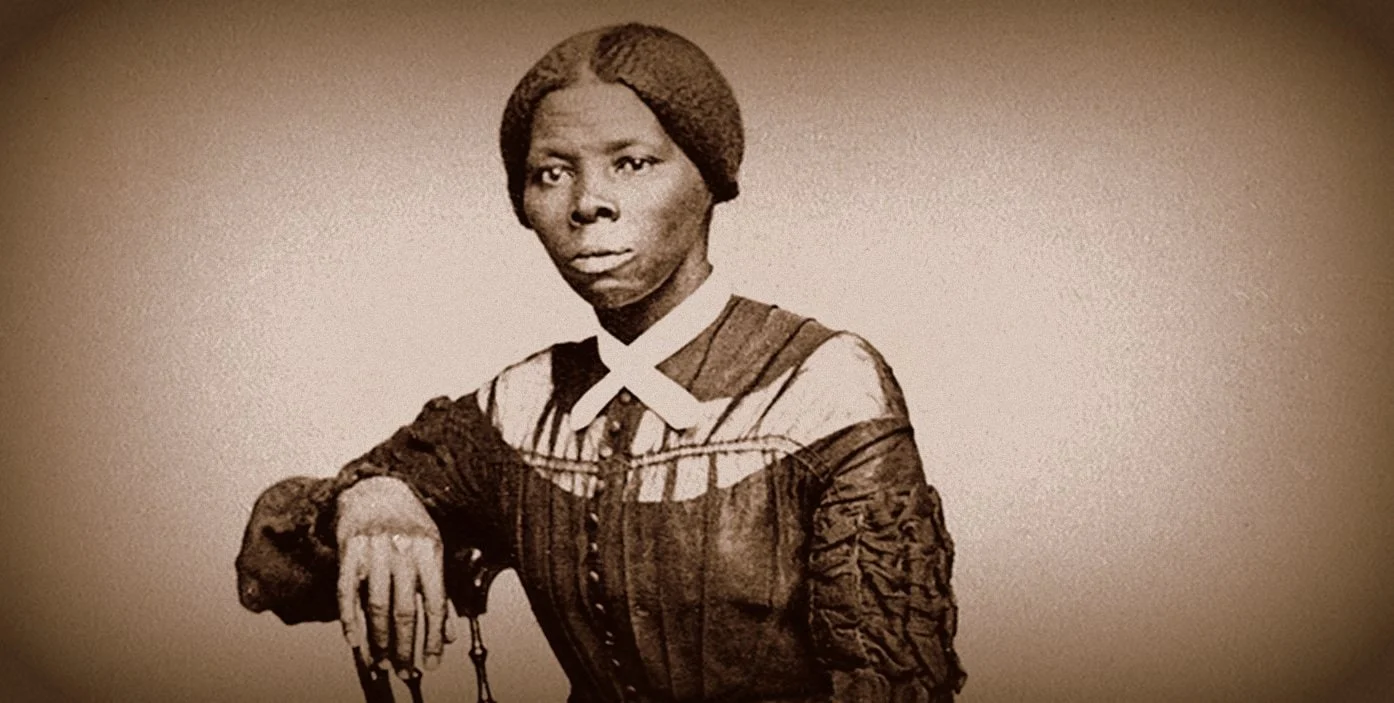Product Sourcing
Harriet Tubman: The Conductor of Freedom
Introduction
Few names in history embody courage and determination like Harriet Tubman. Born into slavery, she escaped and dedicated her life to freeing others, earning the nickname “The Moses of Her People.” As a conductor on the Underground Railroad, a Civil War spy, and a lifelong advocate for human rights, Tubman’s legacy remains a powerful symbol of resistance and freedom.
Early Life & Escape from Slavery
Harriet Tubman was born Araminta Ross around 1822 in Dorchester County, Maryland. She endured brutal treatment as an enslaved person, suffering beatings and life-threatening injuries, including a traumatic head wound that caused lifelong seizures and visions.
In 1849, she escaped to freedom in Philadelphia, but she didn’t stop there. Instead of simply enjoying her newfound freedom, she made it her mission to return and rescue others, despite the grave risks.
The Underground Railroad & Her Missions
Tubman became one of the most successful “conductors” on the Underground Railroad, a secret network of safe houses and routes that helped enslaved people escape to free states and Canada.
- Over 10 years, she led at least 13 missions and freed around 70 enslaved people, including her family.
- She used creative strategies to avoid capture, such as disguising herself, traveling at night, and using songs as coded messages.
- Despite a $40,000 bounty on her head, she was never caught.
Tubman’s motto: “I never ran my train off the track, and I never lost a passenger.”
Civil War Service & Military Impact
During the Civil War, Harriet Tubman worked as a nurse, scout, and spy for the Union Army.
- She became the first woman to lead an armed military operation in U.S. history during the Combahee River Raid (1863), freeing over 700 enslaved people in South Carolina.
- As a Union spy, she gathered intelligence that helped military forces navigate Southern territory.
Life After the War & Activism
Even after the Civil War, Tubman continued to fight for justice:
- She worked as an advocate for women’s suffrage, standing alongside leaders like Susan B. Anthony.
- She established the Harriet Tubman Home for Aged African Americans in Auburn, New York, ensuring that formerly enslaved people had care in their later years.
Harriet Tubman’s Legacy
Harriet Tubman passed away in 1913, but her impact remains undeniable:
- In 2016, she was announced as the new face of the $20 bill, honoring her role in American history.
- Her life continues to inspire movies, books, and discussions on Black resistance and freedom.
- She is celebrated as one of the greatest heroes in American history, embodying the ideals of courage, sacrifice, and liberation.
Why Harriet Tubman’s Story Still Matters
Harriet Tubman’s life is a testament to fearless leadership and selfless sacrifice.
- Her determination reminds us that freedom is worth fighting for.
- Her legacy of Black liberation and resistance continues to inspire modern activism and justice movements.
Celebrate Harriet Tubman’s Legacy
At Black Knowledge Wear, we honor Black Legends like Harriet Tubman through wearable history. Explore our Black Legends Collection, featuring designs inspired by her fearless journey.
👉 Shop the Collection
📢 Join the Conversation – Share your thoughts on Harriet Tubman’s impact using #BlackLegends #HarrietTubman #FreedomFighter


